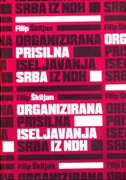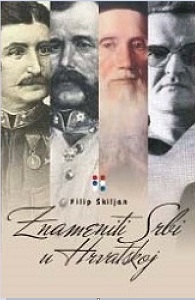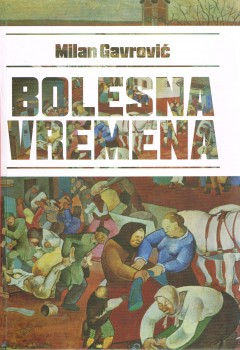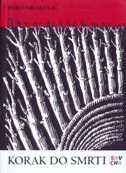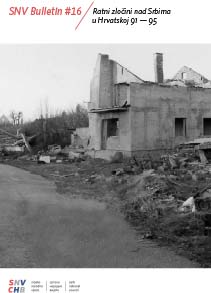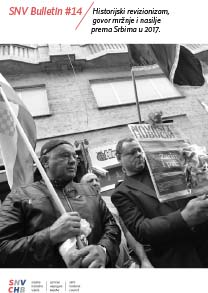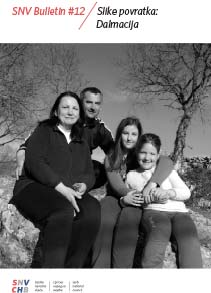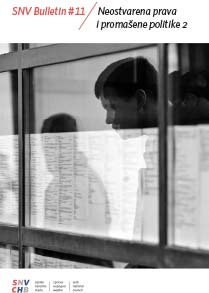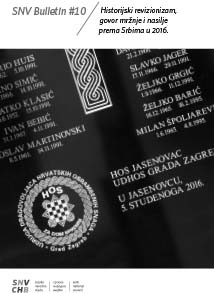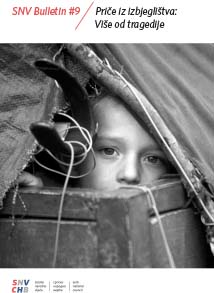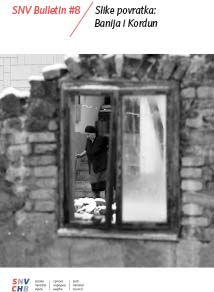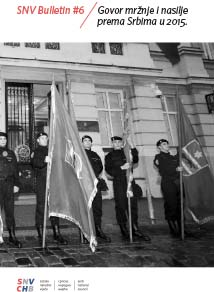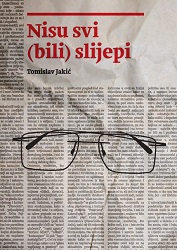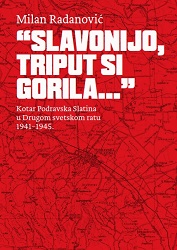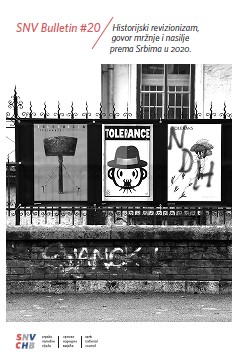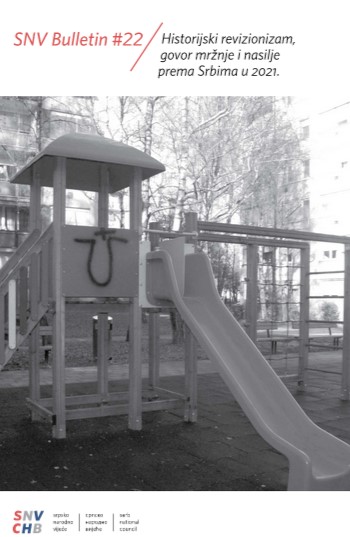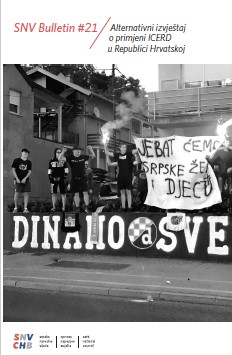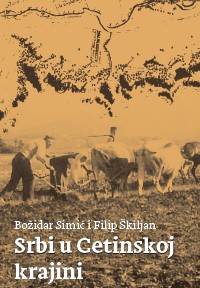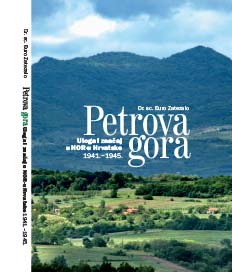
Petrova gora: role and importance in People's liberation war in Croatia 1941-1945
Petrova gora. Uloga i značaj u NOR-u Hrvatske 1941-1945.
Keywords: Petrova gora; World War II; People's liberation war; 1941-1945; Croatia;
Kordun je područje oko rijeke Korane između Male Kapele na zapadu i Petrove gore na istoku. Ime je dobio prema francuskoj riječi cordon, što znači: vrpca, sistem, niz, red, stražarnica, granica. Cijeli Kordun gravitira prema Karlovcu. Zauzima područja bivših kotareva (srezova): Vojnić, Vrginmost i Slunj. To je veliki kraški ravnjak koji se odlikuje oblicima plitkog kraša s mnogobrojnim vrtačama i uvalama. U njegovom sjevernom dijelu se nalazi Petrova gora (507 n/m). Od Karlovca je udaljena 30 kilometara, okružena cestom Vojnić-Vrginmost-Topusko-Velika Kladuša-Krstinja-Vojnić. To je bjelogoričnom šumom obrasla površina od 10728 hektara. Njenu posebnu prirodnu vrijednost čine bistri žuboreći potoci, mnogobrojne duboko uvučene livade, pašnjaci, izvori dobre pitke vode i obilje šumskog cvijeća. Na svojim brežuljcima i uvalama ona krije 1700 grobova poginulih i umrlih partizanskih boraca NOR-a i 2504 žrtve ustaškog zločina genocida, bezbroj historijskih događaja, mnogo herojskih podviga, ljudskih sudbina, crnih marama i muka čudovišnih.
More...
